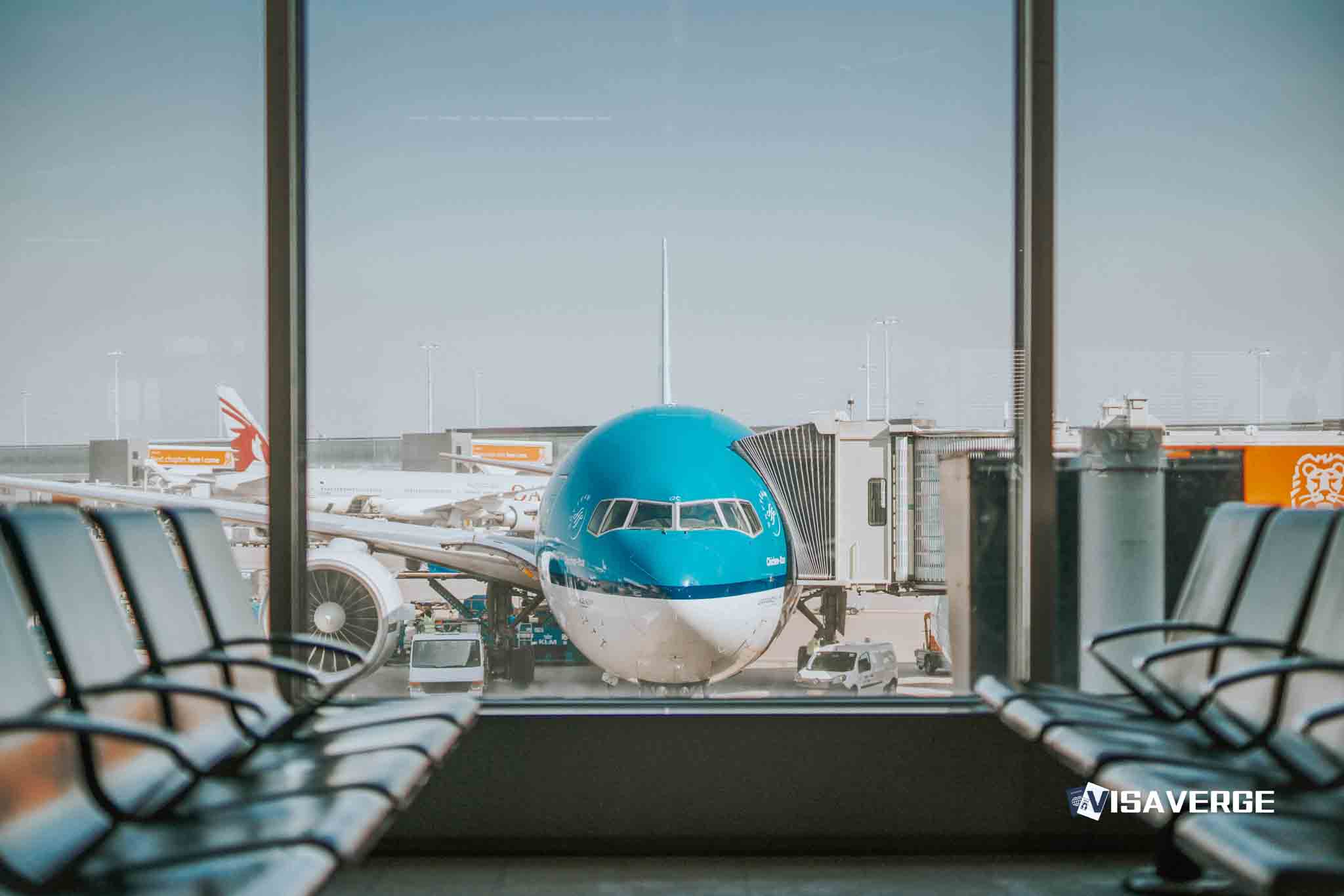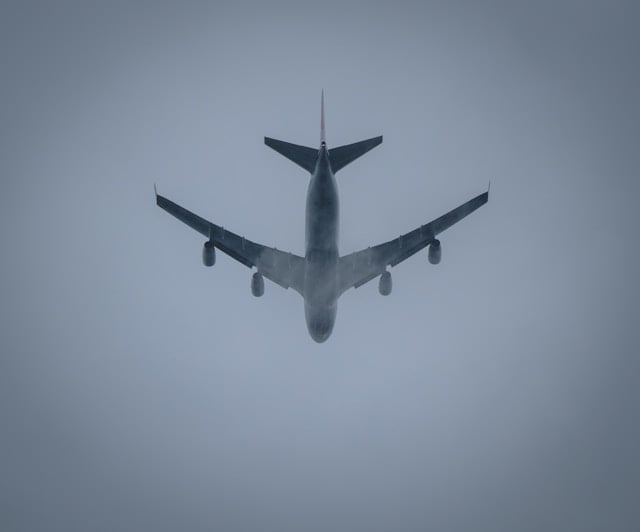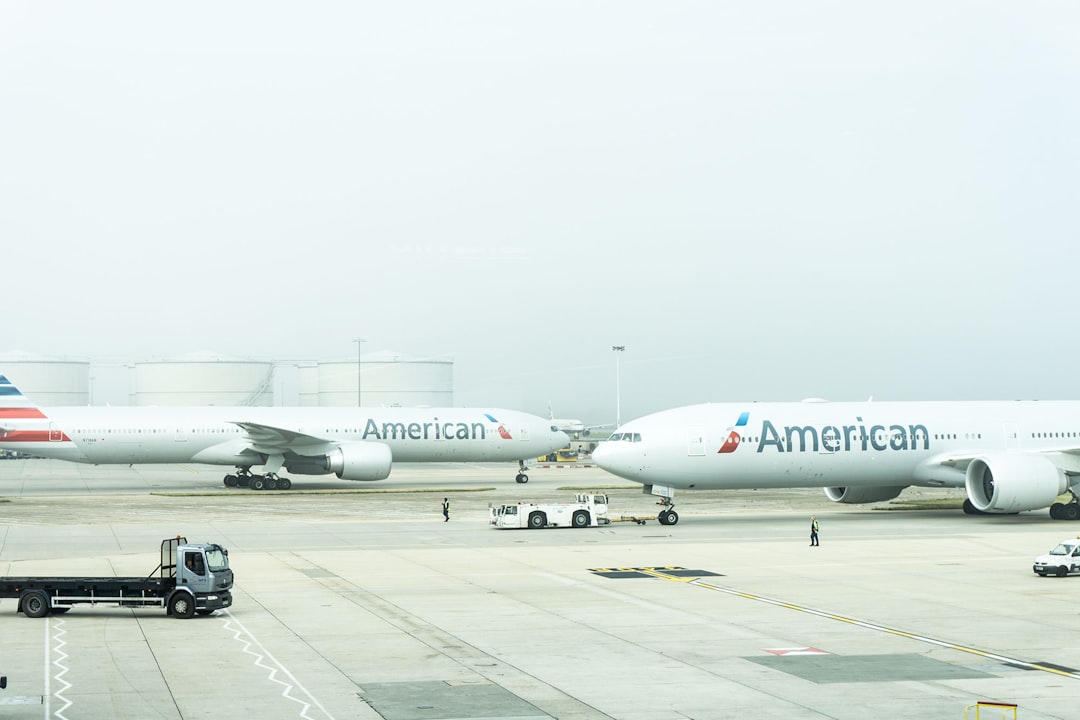Key Takeaways
• Flight cancellations dropped 32% in 2025, but delays rose 54% affecting 16% of Europe’s top 20 airlines.
• Major disruptions caused by air traffic controller strikes in France and Finland, plus technical failures and severe weather.
• July 3, 2025: Paris airports canceled 933 flights, impacting nearly 300,000 passengers in two days.
The summer of 2025 has brought a new wave of travel disruptions across Europe, with hundreds of flight cancellations and delays affecting millions of passengers. This analysis examines the causes, scale, and impact of these disruptions, focusing on air traffic controller strikes, staff shortages, technical failures, and weather events. The report aims to provide travelers, airlines, and policymakers with a clear understanding of the current crisis, its underlying patterns, and practical steps to manage ongoing uncertainty.
Purpose and Scope

This analysis covers the period from June to early July 2025, a time marked by widespread flight cancellations and delays across Europe. The focus is on the main causes—air traffic controller strikes, operational staff shortages, technical failures, and adverse weather—and how these factors interact to create travel chaos. The report also reviews policy responses, airline strategies, and the practical implications for travelers, while comparing current trends to previous years.
Methodology
The findings are based on official data from European civil aviation authorities, airlines, airport operators, and union statements, as well as reports from the European Parliament and Commission. Quantitative data on flight cancellations and delays are drawn from airport statistics and airline disclosures. The analysis also incorporates statements from key stakeholders, including airline CEOs and union leaders, to provide context on policy debates and industry responses.
Key Findings
- Flight cancellations and delays have surged across Europe since late June 2025, with the most severe disruptions linked to air traffic controller strikes in France and Finland.
- Technical failures and severe weather have added to the chaos, exposing weaknesses in airport infrastructure and operational planning.
- While cancellations are down 32% compared to 2024, delays have increased by 54%, affecting 16% of all flights from Europe’s top 20 airlines in the first half of 2025.
- Major airports in France, Finland, Germany, and Italy have experienced the highest rates of disruption, with ripple effects across the continent.
- Policy responses remain fragmented, with calls for urgent EU-level reforms to protect overflights and ensure adequate staffing during peak travel periods.
Data Presentation and Visual Overview
To help readers grasp the scale and distribution of flight cancellations and delays, the following breakdown summarizes the most affected airports and airlines during the crisis:
Flight Disruptions by Location (July 1–5, 2025):
- France (Paris Orly, Charles de Gaulle, Nice):
- July 3: 933 flights cancelled in one day.
- Nearly 300,000 passengers affected over two days.
- Half of flights at Nice Airport and a quarter at Paris Orly and Charles de Gaulle cancelled.
- Finland (Helsinki-Vantaa):
- July 2–4: Over 100 Finnair flights cancelled due to strikes.
- Additional 230 summer flights cancelled due to pilot shortages.
- Italy (Milan Linate):
- June 28: System failure led to 320 flights cancelled or diverted.
- Germany (Munich International):
- July 1: 40 delays, 6 cancellations.
- Disruptions decreased by July 3.
- Ireland (Dublin International):
- July 1: 36 delays, 4 cancellations.
- Sweden (Stockholm-Arlanda):
- July 1: 11 delays, 8 cancellations.
Airline-Specific Impacts:
- Ryanair: Cancelled 170 flights on July 3, impacting 30,000 passengers, including many overflying French airspace.
- EasyJet: Reported significant disruptions, citing French air traffic control as the main cause.
- Finnair: Highest cancellation rate (3.35%) among major European airlines.
- KLM, British Airways, Lufthansa: Led in total cancellations for the first half of 2025.
Comparisons, Trends, and Patterns
Year-on-Year Trends:
- Cancellations Down, Delays Up: In 2025, flight cancellations are down by 32% compared to 2024, but delays have increased by 54%. This suggests that while airlines and airports are managing to avoid outright cancellations more often, they are struggling to keep flights on schedule.
- Persistent Disruption: The European Parliament has warned that summer 2025 could be even more disrupted than 2024, which was already the worst in 25 years, with nearly half of all flights delayed.
Root Causes and Patterns:
- Air Traffic Controller Strikes: The leading cause of cancellations and delays, especially in France and Finland. Strikes often coincide with peak travel periods, maximizing their impact.
- Staff Shortages: Ongoing shortages of air traffic controllers, pilots, and ground staff have left airlines and airports unable to cope with surges in demand.
- Technical Failures: Infrastructure weaknesses, such as the system failure at Milan’s Linate Airport, have exposed the fragility of Europe’s aviation network.
- Weather Events: Severe storms and high winds, especially in the UK, Ireland, and Germany, have added to operational challenges.
Evidence-Based Conclusions
The data clearly show that Europe’s aviation sector is under intense pressure from multiple sources. While airlines have managed to reduce the number of outright cancellations compared to last year, the sharp rise in delays means that passengers are still facing significant uncertainty and inconvenience. The concentration of disruptions at major hubs—especially in France, Finland, and Italy—has created a domino effect, with delays and cancellations spreading across the continent.
Policy Responses and Stakeholder Positions
European Commission and Parliament:
- The European Parliament has called for urgent action to increase air traffic control resources and address capacity issues, especially during the summer peak.
- There is growing support for EU-level reforms to protect overflights during national strikes and ensure minimum staffing levels.
Airlines:
- Ryanair’s CEO, Michael O’Leary, has criticized the French air traffic control strikes and called for EU intervention to protect passengers and overflights.
- EasyJet and other carriers have voiced frustration at the persistent disruptions caused by air traffic control issues, particularly in France.
- Air France has maintained its long-haul schedule but adjusted short-haul operations in response to strikes.
- British Airways has deployed larger aircraft to reduce the number of cancellations.
National Authorities and Unions:
- France’s DGAC has required airlines to revise schedules and preemptively cancel flights to ensure minimum staffing during strikes.
- Finland’s IAU union continues to push for higher wages, with the threat of further industrial action if negotiations fail.
Practical Implications for Travelers
Travelers across Europe should be prepared for ongoing flight cancellations and delays throughout July and August 2025. The following steps can help minimize disruption:
- Check flight status frequently using real-time tracking tools like FlightAware and official airline websites.
- Allow extra time for connections and be flexible with travel plans, as delays may cascade across multiple flights.
- Monitor updates from local transport authorities and airports for the latest information on disruptions.
- Know your rights: Under EU Regulation 261/2004, passengers are entitled to compensation for cancellations and significant delays, unless caused by extraordinary circumstances such as severe weather. Airlines must offer rebooking or refunds for cancelled flights and may be liable for compensation depending on the cause and notice period. For more details, visit the European Consumer Centre.
- Stay informed about labor disputes and strike notices, as further industrial action is possible if negotiations between unions and employers break down.
Comparative Analysis: Airlines and Airports
Most Reliable Airlines (2025):
- ITA Airways and Turkish Airlines have maintained the lowest cancellation rates among Europe’s major carriers, despite the challenging environment.
- Finnair has faced the highest cancellation rate, driven by strikes and pilot shortages.
Most Affected Airports:
- Paris Charles de Gaulle, Orly, and Nice have seen the highest rates of cancellations and delays, especially during the French air traffic controller strikes.
- Helsinki-Vantaa has experienced significant disruption due to strikes and staff shortages.
- Milan Linate was severely affected by a technical failure, highlighting the vulnerability of airport systems.
Patterns and Trends:
- Strikes and staff shortages are most disruptive at major hubs, where high passenger volumes amplify the impact of even minor delays.
- Technical failures tend to cause sudden, widespread disruption, as seen in Milan.
- Weather-related delays are more common in northern and western Europe, especially during stormy periods.
Limitations of the Analysis
- The situation remains fluid, with new strikes and technical issues possible throughout the summer. Data on cancellations and delays may change rapidly as events unfold.
- Some airlines and airports may underreport disruptions or provide incomplete data, making it difficult to capture the full scope of the crisis.
- The analysis focuses on major airports and airlines; smaller regional carriers and airports may also be affected but are not covered in detail here.
Future Outlook
- Disruptions are expected to continue through the peak summer travel season, with further strikes possible if labor disputes remain unresolved.
- The European Commission faces mounting pressure to enforce reforms and ensure adequate air traffic control staffing and infrastructure upgrades.
- Airlines and airports are working to restore stability, but passenger frustration and financial losses are likely to grow if disruptions persist.
- Travelers should remain vigilant and proactive in monitoring their travel plans, especially during July and August 2025.
Official Resources and Contacts
For the latest updates on flight cancellations, delays, and passenger rights, travelers should consult the following resources:
- FlightAware: Real-time flight tracking and status updates.
- Official airline websites: For rebooking, refunds, and compensation claims.
- Major airport websites: For local disruption updates.
- European Consumer Centre: Information on EU passenger rights and compensation.
- European Commission Aviation Policy: Official policy updates and regulatory information.
Conclusion and Actionable Guidance
The summer of 2025 has become one of the most challenging periods for air travel in Europe, with flight cancellations and delays caused by a mix of air traffic controller strikes, staff shortages, technical failures, and severe weather. While airlines and airports are taking steps to manage the crisis, the situation remains unpredictable. According to analysis by VisaVerge.com, travelers can best protect themselves by staying informed, allowing extra time for connections, and understanding their rights under EU law.
Key Takeaways for Travelers:
- Expect ongoing disruptions at major European airports, especially in France, Finland, Germany, and Italy.
- Check flight status regularly and sign up for airline alerts.
- Be flexible with travel plans and allow extra time for connections.
- Know your rights to compensation and rebooking under EU Regulation 261/2004.
- Monitor official resources for the latest updates on strikes and technical issues.
By following these steps and staying alert to new developments, travelers can reduce the impact of flight cancellations and delays during this turbulent summer. For more information on passenger rights and official updates, visit the European Consumer Centre.
This analysis will be updated as new data and policy responses emerge. Travelers, airlines, and policymakers are encouraged to use official sources and remain proactive as Europe’s aviation sector works to restore stability in the months ahead.
Learn Today
Air Traffic Controller Strikes → Work stoppages by air traffic controllers disrupting flight schedules and causing delays or cancellations.
Flight Cancellations → Instances where scheduled flights do not operate, impacting passenger travel plans and logistics.
Technical Failures → Breakdowns in airport or airline systems causing operational disruptions and flight delays or cancellations.
EU Regulation 261/2004 → European law protecting passengers’ rights with compensation for cancellations and significant delays.
Overflights → Flights passing over a country’s airspace without landing, affected during national air traffic control strikes.
This Article in a Nutshell
Europe’s summer 2025 air travel faces severe disruptions due to strikes, staff shortages, technical failures, and weather. While cancellations declined, delays surged 54%, creating widespread chaos. Major hubs in France, Finland, Italy, and Germany suffered most. Travelers must stay informed and flexible to manage ongoing uncertainty and lengthy delays.
— By VisaVerge.com













